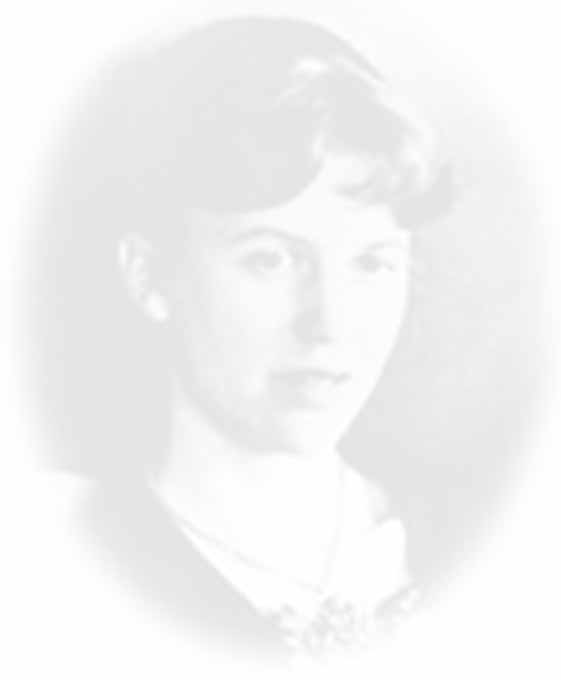
1Lit.com Ezine
Ted Hughes: A
Talented Murderer
by Nadeem Azam
|
Looking, with its hooks, for something to love. Sylvia Plath, 'Ariel'
When Ted Hughes used to
give readings he would often be confronted by demonstrators holding placards
which accused him of murdering Sylvia Plath. Plath's grave in Yorkshire has
repeatedly been desecrated with the letters ‘Hughes’ hacked off her name on the
headstone. The recent revelations about her husband’s philanderous behaviour
and lack of faithfulness to any of his wives are sure to incite haters of Hughes even further. A book was published
a while back which exposed yet more womanising by Hughes, named another mistress of his,
and suggested he fathered a fourth, unacknowledged child. In May 2001, the
Australian Jill Barber revealed her four-year affair with the late Poet
Laureate in an account replete with all the lupine cliché that now threatens to
overwhelm him. She told a journalist Hughes doesn’t speak; he “growls”; he
looks like Heathcliff; he is “rough, passionate and forceful”. Some detractors of
Hughes, who had maintained a campaign against him because of his adulterous behaviour, softened their
villification of the poet after the publication in 1998 of “Birthday Letters”
in which, for the first time, he poured out his heart to the world and delved
into his relationship with Plath. He wrote about her with passion (“St
Botolph's”), and with tenderness and affection. Hughes recalled
scenes from their courtship and marriage with precision - the peach
scrunched outside Charing Cross station; the student parties (that famous
bite/kiss), the first love-making ("You were slim and lithe and smooth as
a fish").
He also admits the
differences which separate them - things which surface as local problems, but
which generally signify a larger, subterranean divide. (On honeymoon:
"Spain frightened you. Spain/Where I felt at home.")
Time and again, Hughes also has a dig
at Plath lobbyists: “Who
caught all If this is true, then her readers are dupes. All they
have is “the empty mask'”of her genie; or gloves from which “the hands have
vanished”. Or worse, they are the guilty party to the crime: “In
the wilderness In the penultimate poem, addressed to his children, Hughes
writes about those who have written about Plath's work: There's no question of
Hughes finding ways to forgive himself for leaving Plath. By giving us his
account of her psychic history inside his portrait of their domestic history,
he creates a long perspective in which sudden actions become comprehensible -
or at least inevitable. "What happens in the heart simply happens." Even in his otherwise
surprisingly-candid last interview with the "Daily Telegraph's" Eilat Negev he
shirked responsibility and was cagey when Plath was raised. When prompted about
what may have caused her suicide he replies: "It's too complicated. There
are too many theories." It is obvious from both
Hughes revelations and Plath’s own diaries that the couple were deeply in love
and the latter was an empty vessel which benefited both artistically and
emotionally from being filled by the talent and personality that was England’s
greatest poet of the last century. But the circumstances
surrounding the last months of Plath’s life, and Ted Hughes' desire to suppress
as much information as possible relating to them, notwithstanding the recent
revelations about the difficulty he had in keeping his trousers on, lead one to
invariably point a finger or two, or eight, at Hughes. If he didn’t have
anything to hide, why would he have kept his wife’s suicide hidden from their
children? He said in the interview with Negev: "I didn't know
what to tell them about the circumstances of their mother's death, so I kept
quiet. They grew up without knowing she committed suicide." Why would he have destroyed the final volume of Plath’s
journal, detailing their last three years together? Why would another diary,
which every Plath scholar and enthusiast would be desperate to get their hands
on, have suspiciously gone “missing”? Plath was clearly a
disturbed character – she had tried to commit suicide before ever meeting
Hughes – and, as with almost all suicides, a wide array of factors need
to be taken into consideration before attempting to decipher why she had chosen
to take her own life. Thank you to the Guardian newspaper. © 2001 - 2012 Nadeem Azam, London W1  Elaine Feinstein's book "Ted Hughes: The Life of a Poet" may be ordered from
Amazon.com, Amazon.co.uk and Amazon.de.
Elaine Feinstein's book "Ted Hughes: The Life of a Poet" may be ordered from
Amazon.com, Amazon.co.uk and Amazon.de.
Read Sylvia Plath's biography at LitVillage.com Read a review of Sylvia the movie based on Plath's relationship with Ted Hughes You're smart enough to want to read about poetry, so you're smart enough to start making an online income. Go here for the most useful guide we've come across to making an ongoing revenue stream.
|
© Copyright, N. Azam, London, UK
